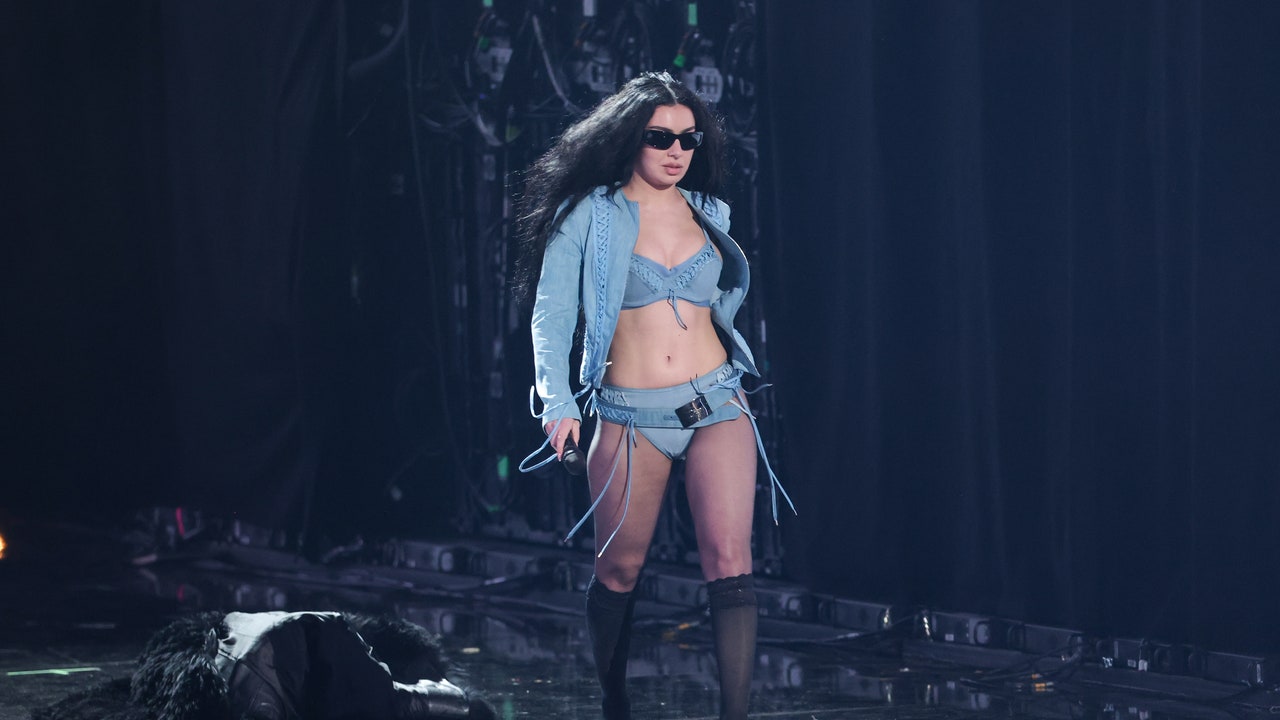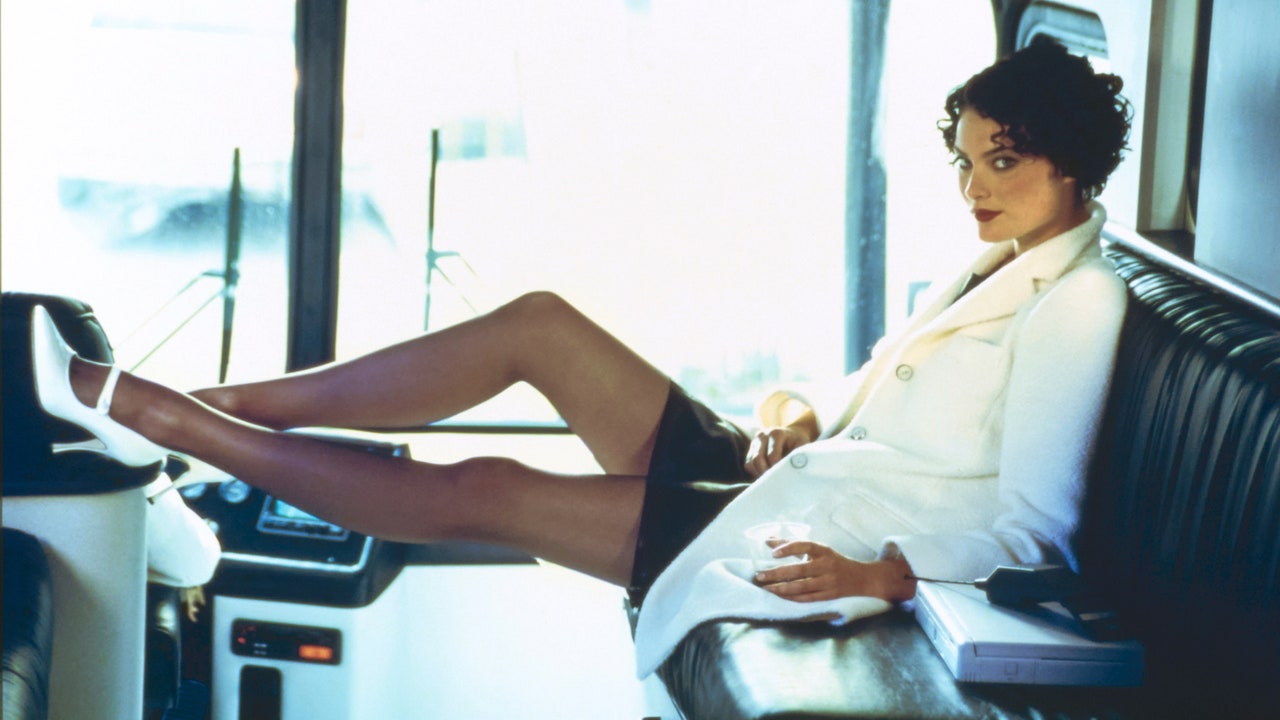In 2018, Neil Portnow, the president and CEO of the Recording Academy—the music business group liable for the Grammy Awards—was requested by reporters after the ceremony why simply 17 of the night’s 86 awards had gone to ladies. Portnow’s response?
“It has to start with ladies,” he stated, earlier than suggesting that feminine artists wanted to “step up.” (Fortunately, only a few months later, it was introduced that Portnow would step down, partially because of these feedback.)
Within the years since, the Grammys have made progress in matches and begins: In 2021, ladies swept the highest 4 awards, whereas in 2024, each single televised award was offered to a feminine artist. Since 2019, the voting physique has additionally been reformed to incorporate youthful and extra various voters, which fits some method to explaining why the awards have come to extra precisely mirror the cultural second over the previous few years. Nonetheless, Sunday evening struck me as one of the crucial enjoyable Grammy ceremonies I’d ever watched—and I rapidly realized that may very well be chalked as much as the truth that, even when they didn’t take dwelling all of the prizes they may have deserved, the previous 12 months in music was dominated by ladies. What lastly shone by way of at this 12 months’s Grammys was the sense that the artists being honored weren’t those that performed by all the foundations, or adhered to an business mould to attain success: As an alternative, the evening’s true winners have been whose visions have been essentially the most uncompromising.
Take Doechii, who took dwelling the best-rap-album prize for the surrealist “swamp princess” genius of her mixtape Alligator Bites By no means Heal, changing into solely the third feminine artist in historical past to win the accolade, after Lauryn Hill and Cardi B. “I do know there’s some Black lady on the market watching me proper now, and I wish to let you know: You are able to do it. Something is feasible,” she stated in her acceptance speech. “Don’t enable anyone to undertaking any stereotypes on you, let you know you can’t be right here, that you just’re too darkish, that you just’re not good sufficient, that you just’re too dramatic, you’re too loud. You’re precisely who you have to be… and I’m a sworn statement.” As if to substantiate that, she blew half of the evening’s different performers out of the water with an electrifying rendition of “Denial Is a River,” by which she rapped whereas doing the splits, threw shapes with a military of dancers in matching Thom Browne uniforms, and even invited Issa Rae onstage.


